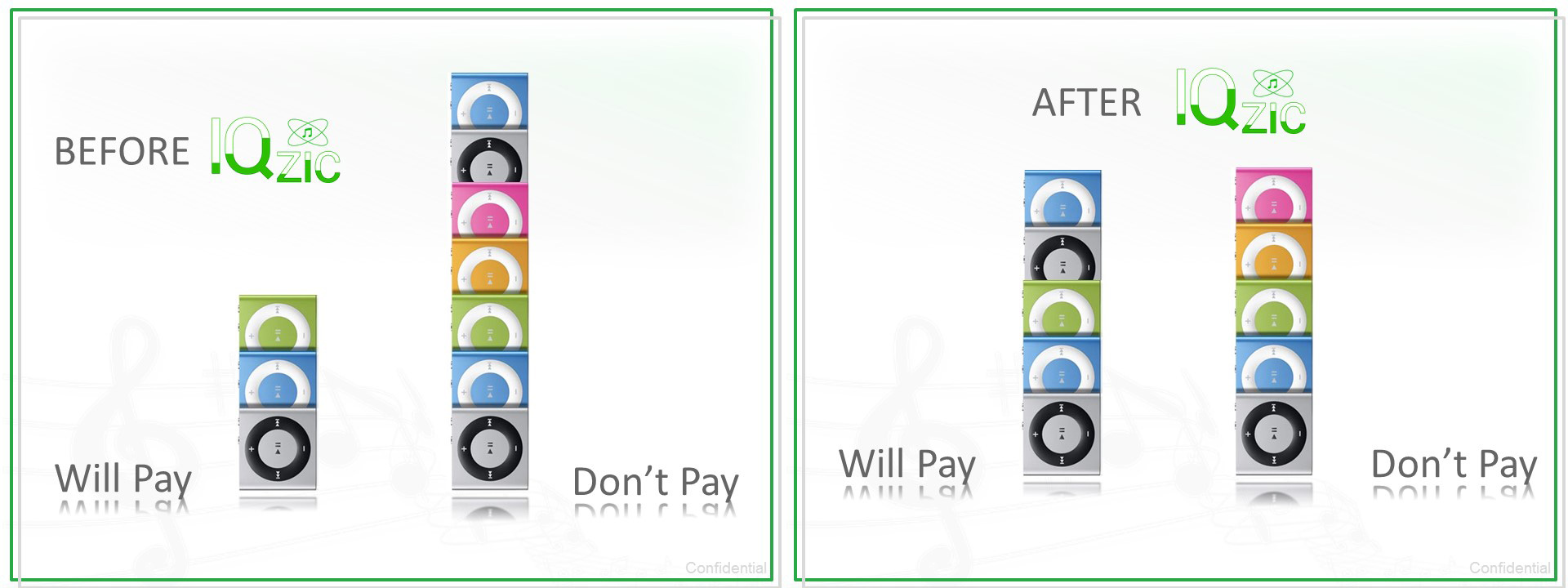A few hundred years ago, the purpose of music was to fill the soul. Somewhere along the way music became a business, which is not bad on the surface, but when the stakeholders on both sides of the business feel as if their voices are not being heard, then something is awry. Fans complain about repetition and formulaic music, and artists complain about the need to conform their music as well as the ‘all or nothing’ business model of success; and the music business itself… they complain plenty as well. It’s the perfect triad of finger pointing that under serves everyone.
So why are the three stakeholders in music so often dissatisfied? Having come from outside of the industry and now jumping in with both feet, let me offer some perspective for what it is worth.
First: Music is a business. Anyone that wants to make a living and provide value in that business needs to do so at a price that the market will bear.
First Again: Music is art, and recorded art only becomes so when it transcends from a collection of sounds and images to an emotional connection of intangible value between creator and listener.
Conflicted? Indeed, the best things in life are often grey, and to people who loathe conformity, grey is the new black. So let’s make the best of it.
The key to the long term success for artist, fans, and the intermediary (aka the man), is to realize when things are valued as a commodity of assumed value, or something else. We must also contend with the fact that a recording is almost always both. In other words, what is emotional and priceless to me, may be nearly worthless to you.
Consideration #1: Forget about commodity models; price art based on emotion and connected experiences that drive emotion.
Many would agree that the status quo, commodity based model currently in play is less than ideal for creativity or business long term. So if you plan to make a living in music, sell art, experiences, or emotional connections, —anything but commodities.
If you are on board with that notion, then there is another leap to make IF one still chooses music as a way to put food on the table. Emotion is not always about the music in and of itself. For example, I may love a recording, while others may love the artist, yet others love only the genre or country it came from. It may even be as simple as one relating a tune to a memory.  1 in 3 music listeners who do not pay for music would if there was a meaningful connectionAll are saleable. Regardless of the reason, packaging, delivering emotional connections, and the business models that emerge from that will lead to tangible value. Some of our research at IQzic indicates that almost 1 in 3 of people who do not pay for music, would pay if they knew it was helping the artist and got something to show for it. Which leads me to:
1 in 3 music listeners who do not pay for music would if there was a meaningful connectionAll are saleable. Regardless of the reason, packaging, delivering emotional connections, and the business models that emerge from that will lead to tangible value. Some of our research at IQzic indicates that almost 1 in 3 of people who do not pay for music, would pay if they knew it was helping the artist and got something to show for it. Which leads me to:
Consideration #2: Consumers (fans) will pay more when they have ‘something to show’ for their purchase.
For example, the same recording has vastly different values whether it was autographed, was from a live concert you attended, or simply was the fact you discovered it first. The concept of mass customization and delivery is not new, but it has not caught on as well as it should in the music business because it takes considerable agility, thought, work, and persistence. Many independent artists have figured this out long ago, but have struggled to build a scalable infrastructure to ensure they get the most out of what they have to offer, and that’s because emotional connections are personal and two-way.
The music business itself has been just a fleeting moment in the history of music. Musicians made livings in many different ways before the digital age, and those ways have survived since the cave because they awakened something in the soul. The sooner business models are created that support that, the sonner the triad will turn to one of mutual support, with each leg adding value to the other.
Jim Hodson is the founder of IQzic and is dedicated to making every meaningful musical connection that should happen, happen.